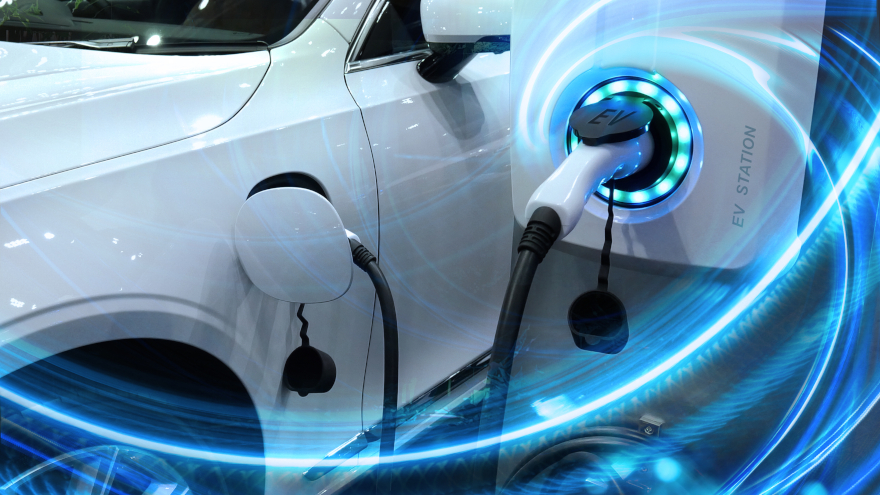Fitch Ratings tackles EV residual values & auto ABS performance

By subscribing, you agree to receive communications from Auto Remarketing and our partners in accordance with our Privacy Policy. We may share your information with select partners and sponsors who may contact you about their products and services. You may unsubscribe at any time.
Fitch Ratings looked at electric vehicles through the prism of auto asset-backed securities (ABS) transactions.
Analysts believe softening EV demand and corresponding price reduction strategies will constrain EV residual values and recoveries.
“Ratings are not affected given the limited concentration of EVs in most auto ABS transactions and available transaction credit enhancement, which is sufficient to protect against through-cycle loss expectations,” Fitch said in a news release from late December. “Transactions with high EV concentrations, including Tesla’s loan and lease ABS which are 100% battery EV, face heighted residual value (RV) pressure; however, performance is still within our rating case proxies.
Fitch explained that EV adoption has been slow due to consumer concerns related to price, infrastructure, range charging times and limited model offerings. This has led EV manufacturers to cut net pricing, led by Tesla, which has 48% of U.S. EV market share, according to Fitch tracking.
“Pressures on used EV prices also reflect advancements in newer EV model technology, which make older EV models less appealing, as well as dispositions by car rental companies due to higher maintenance and repair costs,” Fitch said.
“EV residual values and recoveries are expected to remain lower than ICE vehicles in the near term due to adoption hurdles, which will be influenced by Trump administration policies, especially if charging infrastructure funding and EV tax credits and subsidies are rolled back,” analysts added.
Subscribe to Auto Remarketing to stay informed and stay ahead.
By subscribing, you agree to receive communications from Auto Remarketing and our partners in accordance with our Privacy Policy. We may share your information with select partners and sponsors who may contact you about their products and services. You may unsubscribe at any time.
Since the first half of 2022, Fitch pointed out, EV retained values have experienced a much faster decline relative to ICE vehicles, reducing recoveries and residual values within auto ABS transactions.
Per Black Book, the average retained values over original equipped retail price (ERT) for 2- to 4-year-old battery EVs dropped to 39% in June 2024 from a peak of 87% in mid-2022, largely due to effects from Telsa’s price cuts on new models and slowing demand.
However, Fitch indicated effects on recoveries and residual values in auto ABS are limited given low concentrations of EVs within ABS pools, as well as the EV mix, which is primarily plug-in hybrid vehicles (PHEVs). PHEV and hybrid vehicles (HEVs) retention rates remain closer to the overall market at 55% and 68% respectively, versus the overall market at 61%, resulting in lower depreciation and a reduced impact on residual values compared to EVs.
While EV concentrations in Fitch-rated ABS transaction have continued to increase in 2024, analysts noted that concentrations mostly remain small and lag industry market share, partly due to seasoning within the pools.
All but six Fitch-rated platforms have an EV weighted average concentration of less than 20% in 2024.
Analysts said historical EV resale data remains limited, given the comparatively small number of total sales, and does not reflect a full economic cycle. Consequently, Fitch said it uses comparable internal combustion engine (ICE) vehicle model historical data from the 2008 recession to derive conservative EV RV loss assumptions, utilizing the worst observed 12-18 month residual value loss performance, and includes haircuts to arrive at stressed residual value loss assumptions for the total pool typically between 20%-35% at the AAAsf rating level.
“The majority of Fitch-rated auto lease ABS transactions continue to perform with residual value gains, although a few transactions are tracking with small cumulative residual value losses, primarily Tesla, but still within our stressed RV loss assumptions,” analysts said.
“While residual value gains have been weaker across lease ABS, this is mainly due to residual value declines for the overall used vehicle market rather than EVs specifically,” they added.


